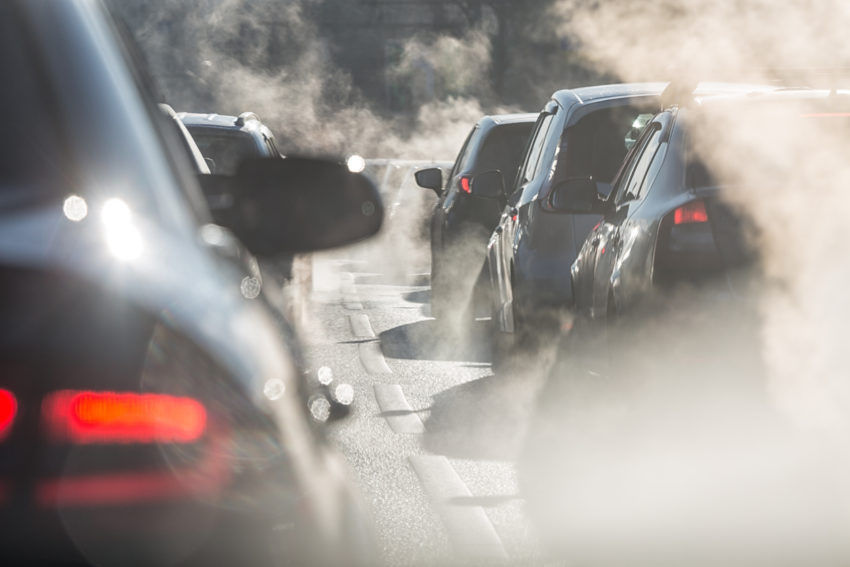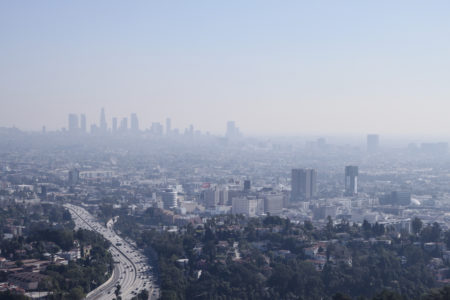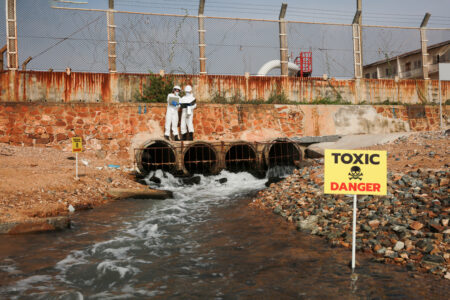
Share On Social!
Childhood brain development is a sensitive process, and researchers now say air pollution from highways and streets could harm or hinder that progression.
Worse, kids who live close to major roadways can face significant adverse effects from the air, according to a recently published study in Environmental Research. The data showed that these children scored lower on communications tests as well as other cognitive functions.
This is alarming data for Latinos, who are already exposed to greater levels of air pollution.
What Does the Study Show?
Researchers collected data from 5,800 children (5.8% Latino) living throughout New York state (19.2% Latino). They excluded New York City (29.1% Latino) from their study group.
They began gathering prenatal levels of particulate matter (PM2.5) and ozone exposure in the kids’ mothers. Particulate matter also includes non-exhaust emissions, such as wear from roads, tires, and brakes.
Then, over the next two years, researchers continued to study pollution-contact rates, as well as early-life development.
The results illustrated that children who lived 0.3 miles from a busy road were likely to fail communications tests at double the rate of their peers who did not. 
Moreover, children younger than 8 months exposed to high levels of ozone were 3.3% more likely to fail developmental tests.
Even at levels below current regulatory standards, exposure could result in harmful impacts, according to the study.
However, the researchers do say there many unknowns in this issue. More research is needed.
“It is not clear why exposure to pollutants after birth is linked to a higher risk of developmental delay,” Sandie Ha, the study’s lead author and an assistant professor at the University of California, told Merced Newsroom. “However, unlike exposure during pregnancy, exposure during childhood is more direct and does not go through a pregnant woman’s defenses.”
Is Anyone Doing Anything About It?
Despite climate change’s ever-growing threat, the EPA under the Trump Administration is acting to reduce clean air protections.
People of color, who are at the highest risk, will face greater harm if and when these rollback policies are enacted. Currently, other bodies of research show that Latinos will breathe 63% more contaminated air than what their consumption produces. 
However, across the country, Latinos and all Americans are speaking out for more significant air quality regulations and protection. You also still have a chance to speak up for clean water, too.
Still, researchers recommend that parents make dedicated efforts to reduce contact in the early years — especially during developmental stages.
“Our results suggest that it may be prudent to minimize exposure to air pollution during pregnancy, infancy, and early childhood — all key periods for brain development,” said Pauline Mendola, the study’s senior author and a researcher at the National Institutes of Health, in a statement.
Editor’s Note: This article is part of a collaboration between Salud America! and the Hoffman Toxicant-Induced Loss of Tolerance (TILT) program at UT Health- San Antonio. To find out if you are TILTed due to exposure to everyday foods, chemicals, or drugs, take a self-assessment or learn more about TILT.
By The Numbers
1
Quick Survey
Can help you find out how chemically sensitive you are



